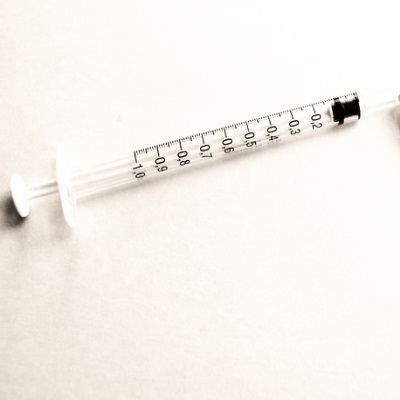 If you’re pregnant and no one has brought up the subject of getting vaccinated for pertussis — commonly called whooping cough — to you, it may be time to bring it up yourself. This disease can be extremely harmful to your baby, and, according to the Center for Disease Control, vaccination is the most effective way to prevent it.
If you’re pregnant and no one has brought up the subject of getting vaccinated for pertussis — commonly called whooping cough — to you, it may be time to bring it up yourself. This disease can be extremely harmful to your baby, and, according to the Center for Disease Control, vaccination is the most effective way to prevent it.
Though the name has an outdated sound, whooping cough was never eliminated from the U.S., and it’s been on the rise since the 1980s. (The name is also a quick description of the symptoms in many cases — severe coughing followed by a whooping sound as the person inhales.) In 2012, 48,277 cases were reported in the U.S. Whooping cough can be fatal to newborns, and in any case it’s a painful, exhausting sickness. According to Wikipedia, it causes people to cough uncontrollably, even to the point of fainting or vomiting. This is definitely something you’ll want to protect your children from.
When babies catch whooping cough, it’s usually (in 80% of cases) from someone in their households. In 30-40% of infant cases, the infection comes from the mother. So getting yourself vaccinated also protects the baby after its birth. Not only that, but you’ll build up antibodies that will be transferred to the baby. The adult vaccine is known as the Tdap (for tetanus, diphtheria, and pertussis) and should be given to a pregnant woman at 27 through 36 weeks.
What if you’ve already been vaccinated for whooping cough, or even had it? You should still get your Tdap. The protective effect of the vaccine decreases over time — this is called waning immunity. Even the protection you get from having had the disease can fade over time.
You should be aware that whooping cough vaccine doesn’t guarantee you won’t get the disease — the CDC estimates it “protects seven out of 10 people who receive it.†But if you do get whooping cough after being vaccinated, your symptoms are likely to be less severe.
It’s fairly common to suffer side effects from your whooping cough vaccine, even to the point of having fainting spells, but usually these effects don’t need medical attention. They also include pain and swelling in the vaccinated arm, fever, headache, stomach problems, tiredness, and, rarely, body aches. There’s also the possibility of an allergic reaction.
Everyone in the household should get their whooping cough vaccines up to date — Tdap for adults, Dtap for kids — at least two weeks before they’ll have contact with the baby. And, of course, the baby should get his own Dtap at two months or so.
Preventing whooping cough is important; fortunately it’s also simple.










